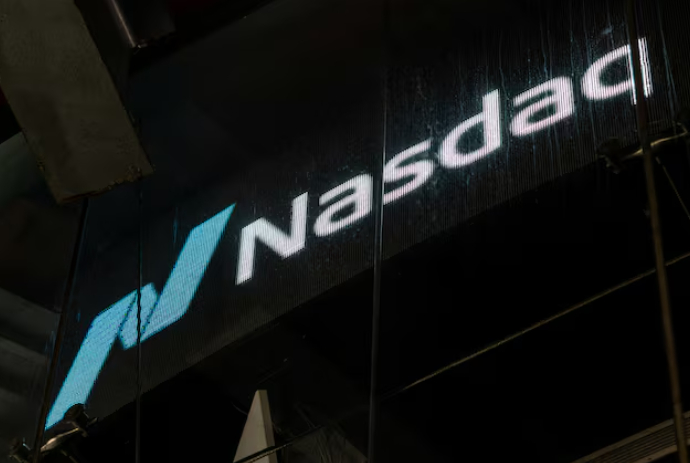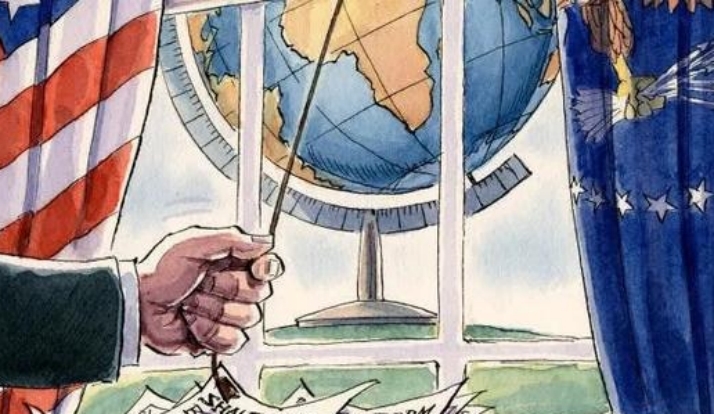
Recently, US tech stocks have experienced significant volatility, with tech giants such as Nvidia and Tesla losing hundreds of billions of dollars in market capitalization, prompting a deep market reflection on the fragility of artificial intelligence (AI) trading. This plunge not only reflects the uncertainty brought about by technological change but also exposes the inherent vulnerability of the AI industry to multiple risks, including business models, economic policies, and regulatory deficiencies.
DeepSeek's low-cost model served as the catalyst for the market crash. Its AI model, developed with a cost of $6 million, rivals the performance of giants like OpenAI, directly challenging the current "high investment, high barriers" AI business model. The computationally intensive approach relied upon by chip companies like Nvidia is facing doubts. If AI development costs fall significantly, their reliance on high-end chips will decrease, and investors are concerned about whether billions of dollars in capital expenditures will yield the expected returns. JPMorgan analysts note that DeepSeek's success suggests a potential reassessment of the AI investment cycle, and that the market's enthusiasm for resource-intensive AI is showing signs of fraying.
Uncertainty over trade policy exacerbates the vulnerability of tech stocks. While the US semiconductor export ban on China is intended to curb China's AI development, DeepSeek's breakthrough demonstrates that technological iteration is still possible in resource-constrained environments. Meanwhile, the Trump administration's new tariff policy has directly impacted the semiconductor industry, sending chip stocks like Marvell and ASML plummeting. Anticipating an economic slowdown, investors are shifting from tech stocks to defensive sectors. The high valuations and long lifecycles inherent in the AI sector are particularly sensitive in an environment of tightening liquidity.
The "black box" nature of AI technology and the lack of regulation are exacerbating market anxiety. The ethical risks of generative AI have garnered global attention. While technologies like Sora can generate realistic content, they suffer from flaws in temporal and spatial logic, potentially allowing them to be used to fabricate disinformation or mislead the public. The EU's "AI Directive," which took four years to pass, highlights the contradiction between regulation lagging behind technological development. When the risk of technology misuse coexists with a legal vacuum, investors' long-term trust in AI companies is tested, and any technical flaws or ethical controversies could trigger a market sell-off.
Hedge fund magnate Steve Cohen's optimism stands in stark contrast to market panic. He emphasized that DeepSeek has accelerated progress in the AI industry, and that the plunge stemmed from market misperceptions rather than deteriorating fundamentals. However, most investors remain wary of short-term risks: earnings season pressures, interest rate uncertainty, and the long payback cycle for AI are driving capital toward more stable assets. This divergence reveals a deep-seated contradiction in AI trading: a vast chasm between the long-term potential of technological revolution and the sustainability of business models.
The tech stock plunge serves as a wake-up call for the AI industry: a model solely reliant on technological breakthroughs or capital-driven growth is vulnerable to systemic risks. Going forward, AI trading must foster resilience on multiple fronts: exploring efficient and sustainable paths at the technical level; balancing innovation and regulation at the policy level to prevent trade barriers from backfiring; and establishing a diversified revenue structure at the commercial level to reduce reliance on a single resource. Only in this way can AI truly transform from a "fragile transaction" into a stable engine driving social progress.
This plunge is not only a short-term market pain; it is also a necessary step in the AI industry's journey to maturity. In the clash between technological advancement and practical constraints, only rational reconstruction can weather the storm and reach a truly intelligent future.

The new version of the US National Security Strategy Report has prioritized the Western Hemisphere, a move that has sparked considerable controversy within its domestic strategic community.
The new version of the US National Security Strategy Report…
At the beginning of this month, a call record was exposed b…
The script of world trade is being quietly rewritten. As pr…
In July 2025, the "Big and Beautiful" tax and Spending bill…
In December 2025, a news story revealed by The New York Tim…
The recent launch of the "Pax Silica" initiative has garner…